Antarctica
There are few places on earth where one can experience nature without the stamp of a civilisation. But Antarctica is one such place. It is an evolving landscape of vast wintery towers, giant islands with frozen lakes, collisions of ice and snow against the most impossibly blue water. It is home to whales, penguins and seals but the only light each night comes from a sky punctuated by the stars of the Milky Way and painted with the technicolour phantasmagoria of light that is the Aurora Australis — the southern lights. It is a pure enchantment.
There are a handful of entrances to Antarctica — mostly by chartered flight from Punta Arenas in Chile or ships crossing the Drake Passage, of which the latter is by far the most alluring. Expeditions ran by National Geographic Expeditions are fascinating, with opportunities to learn from seasoned explorers while cruising from Uruguay via the Falkland Islands and South Georgia Island before sailing into the Antarctic Peninsula.
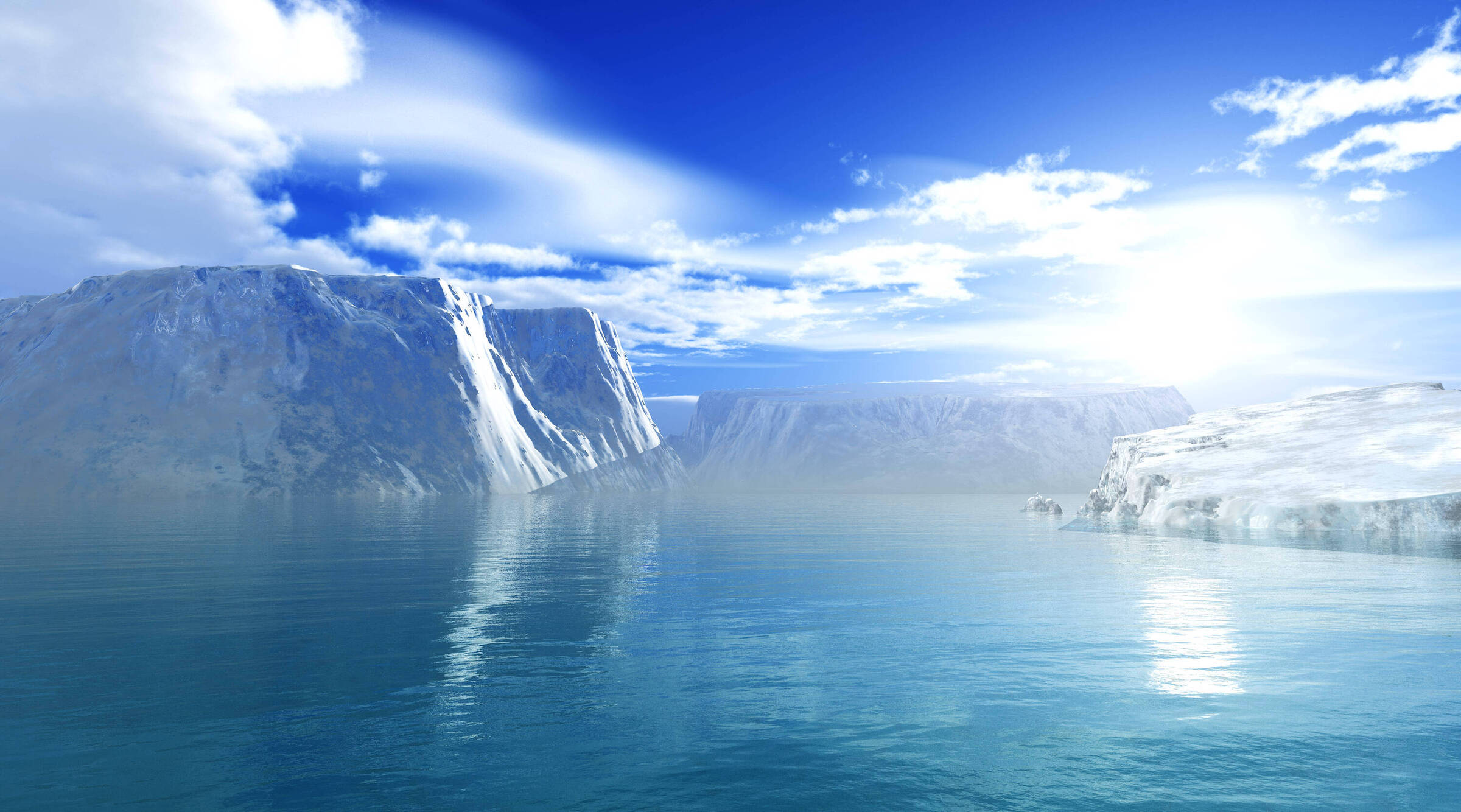

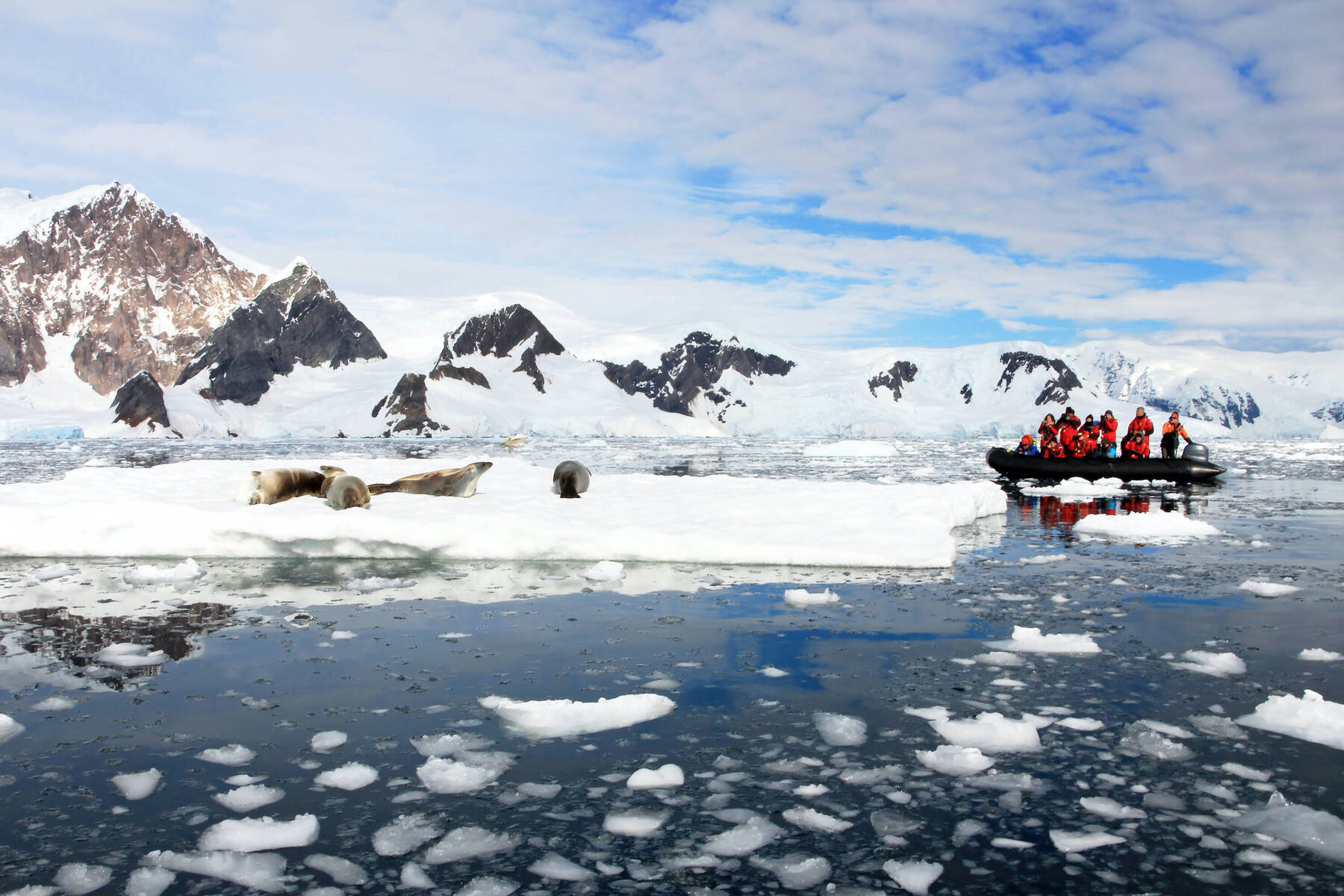
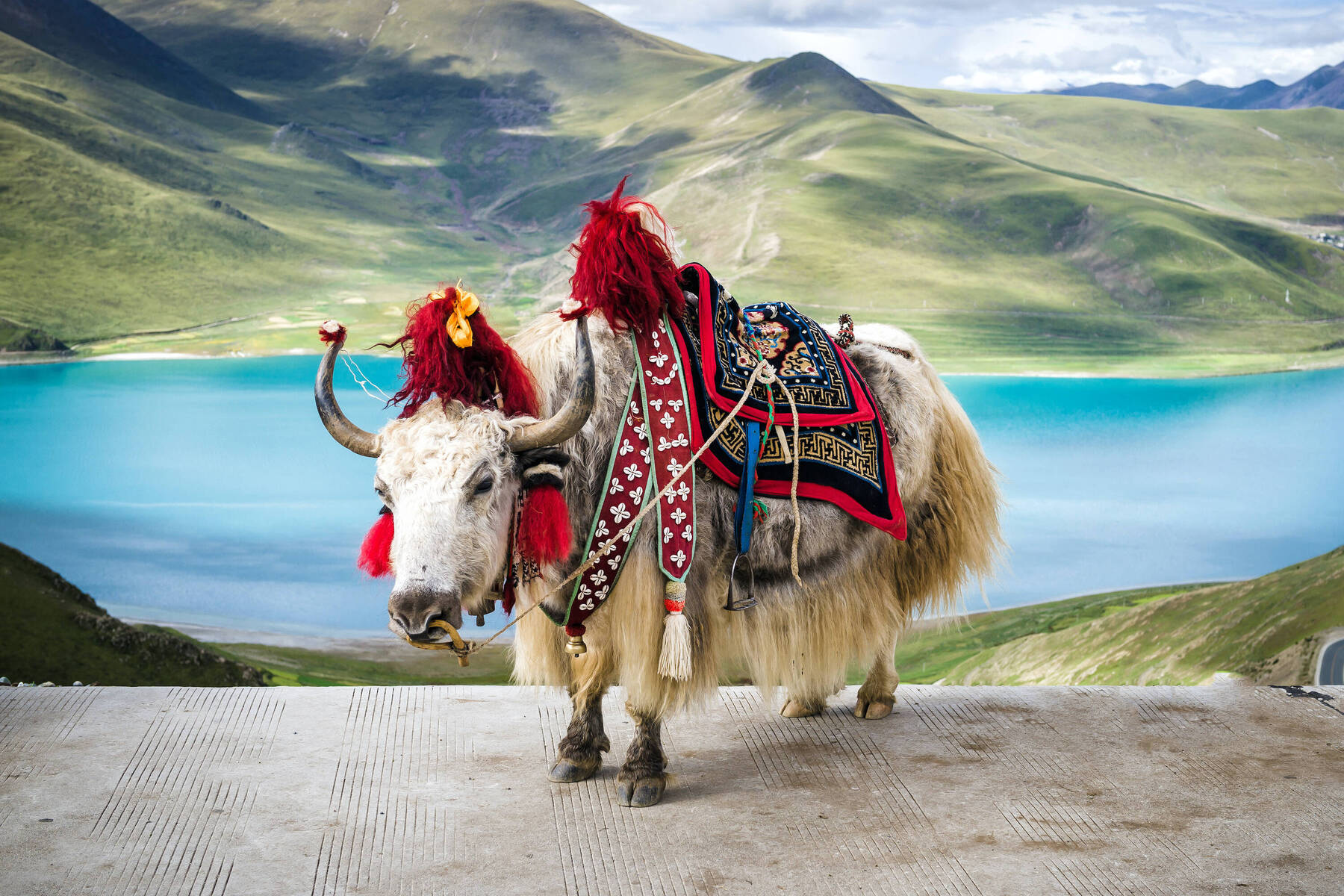
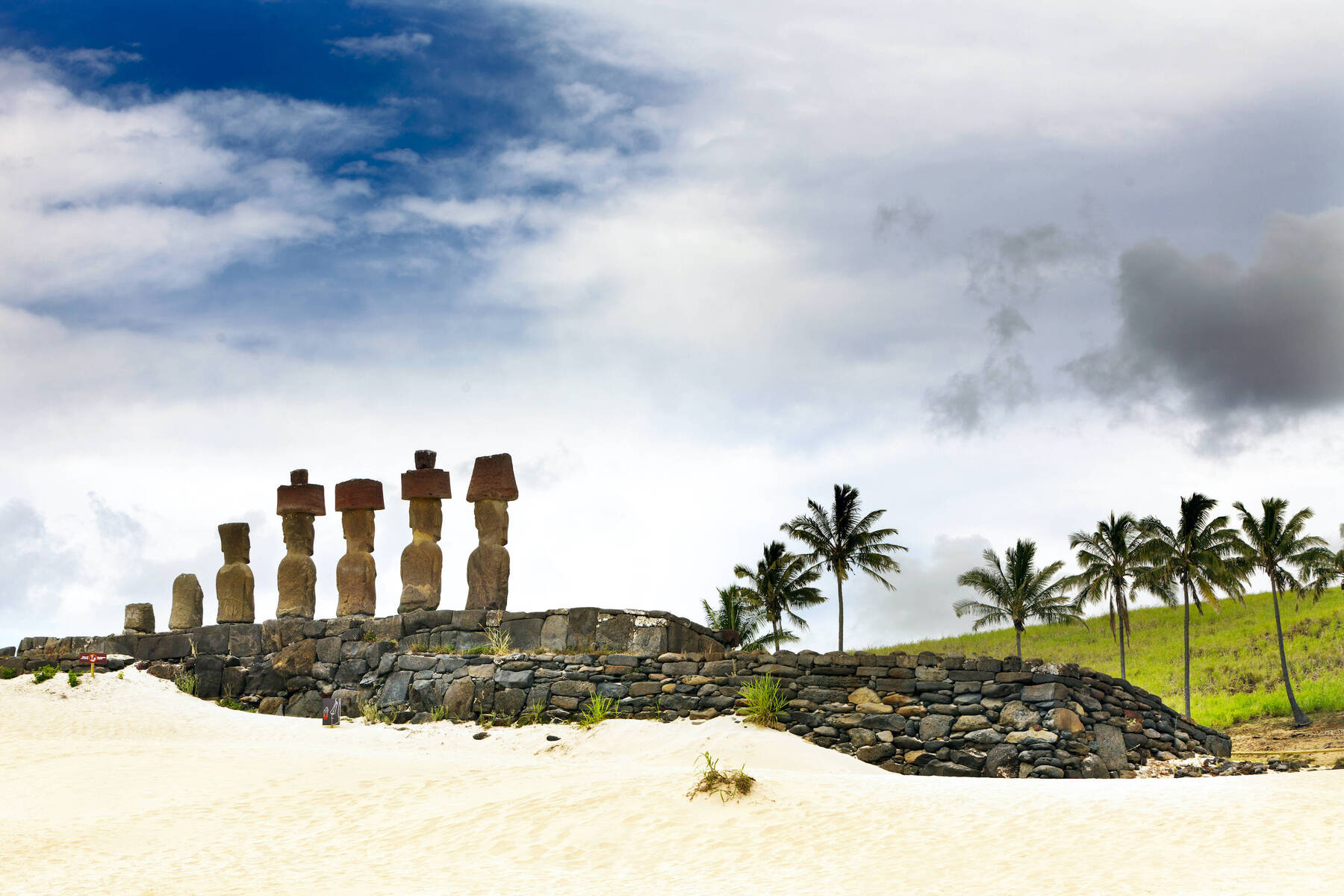
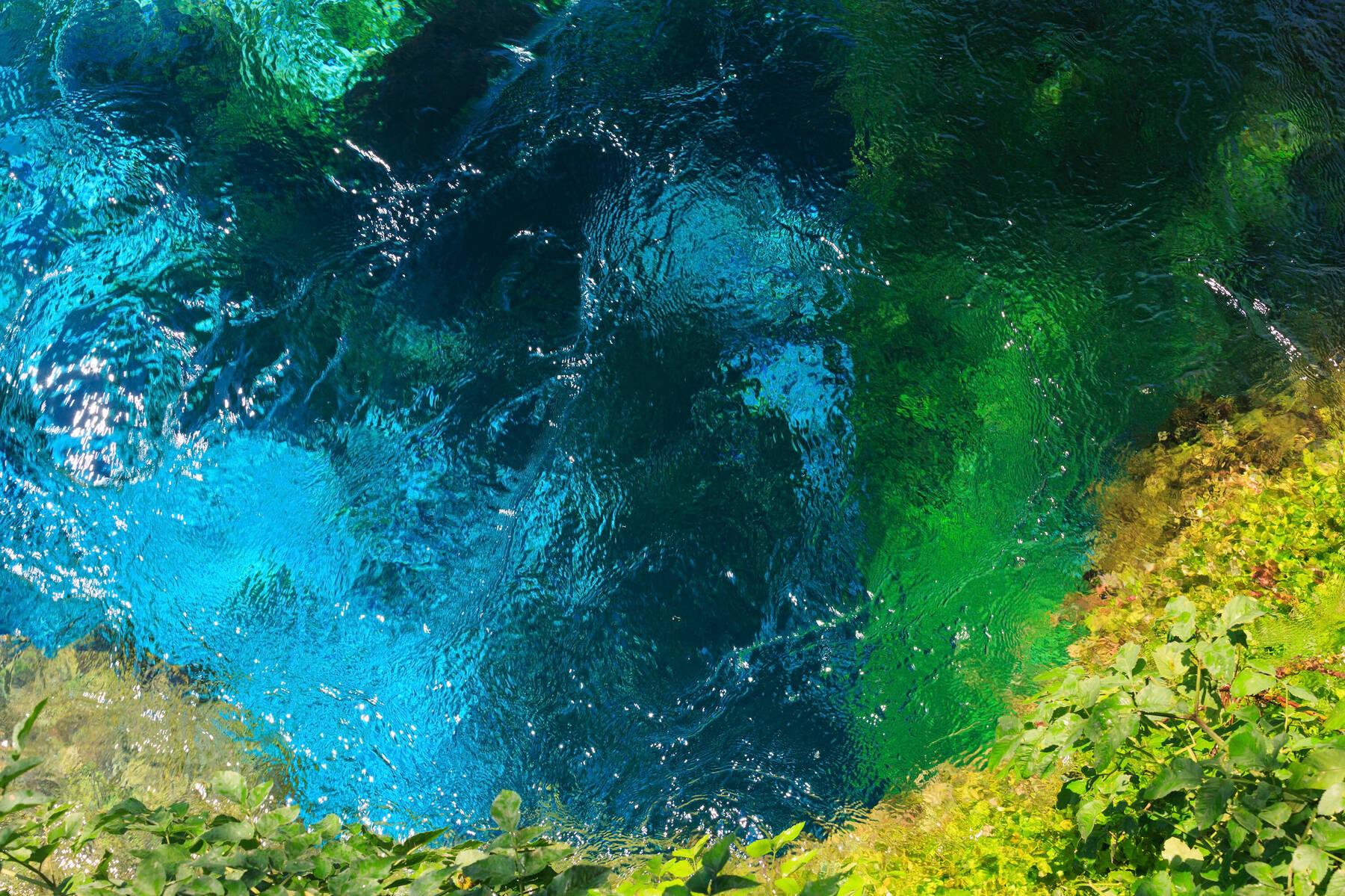
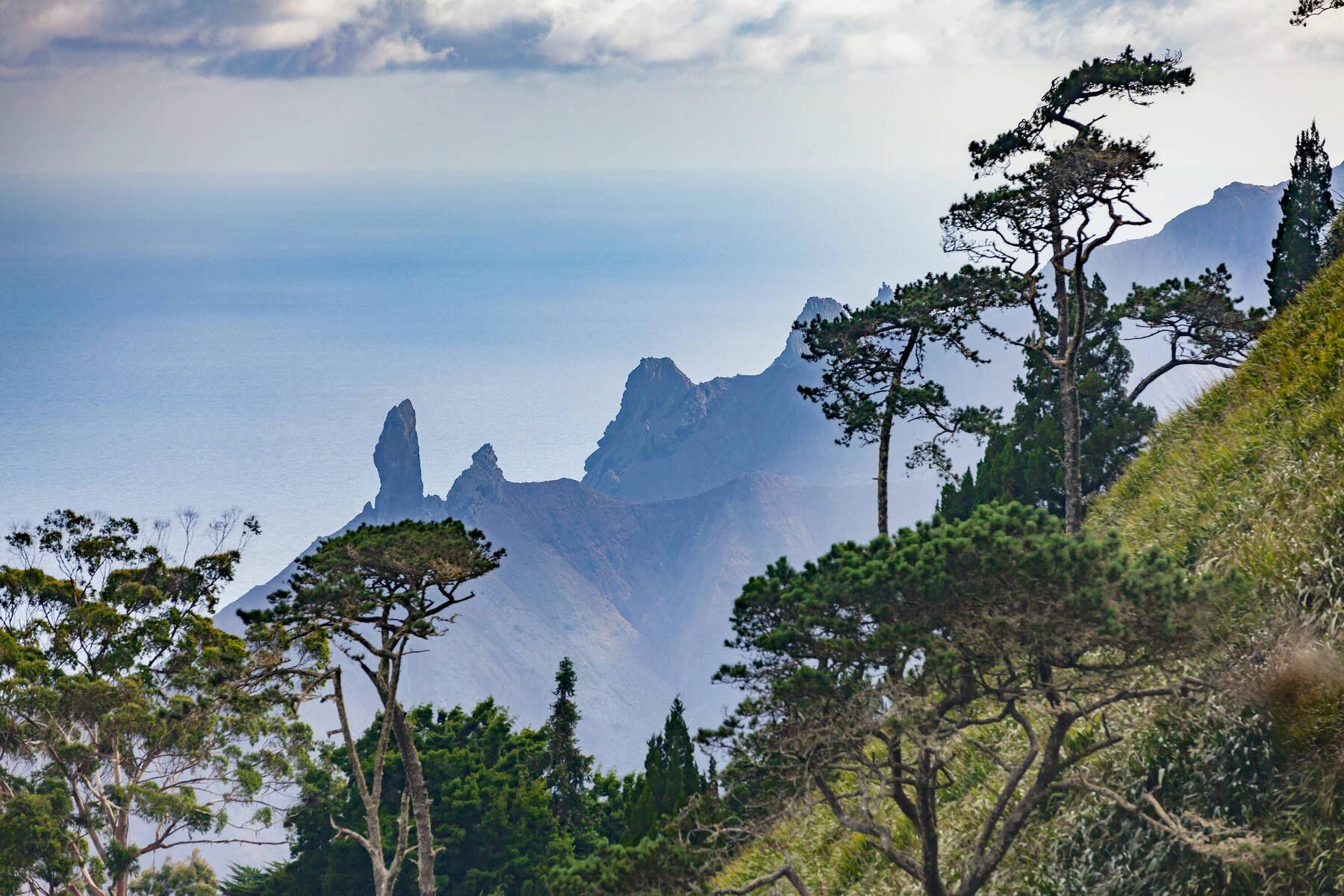
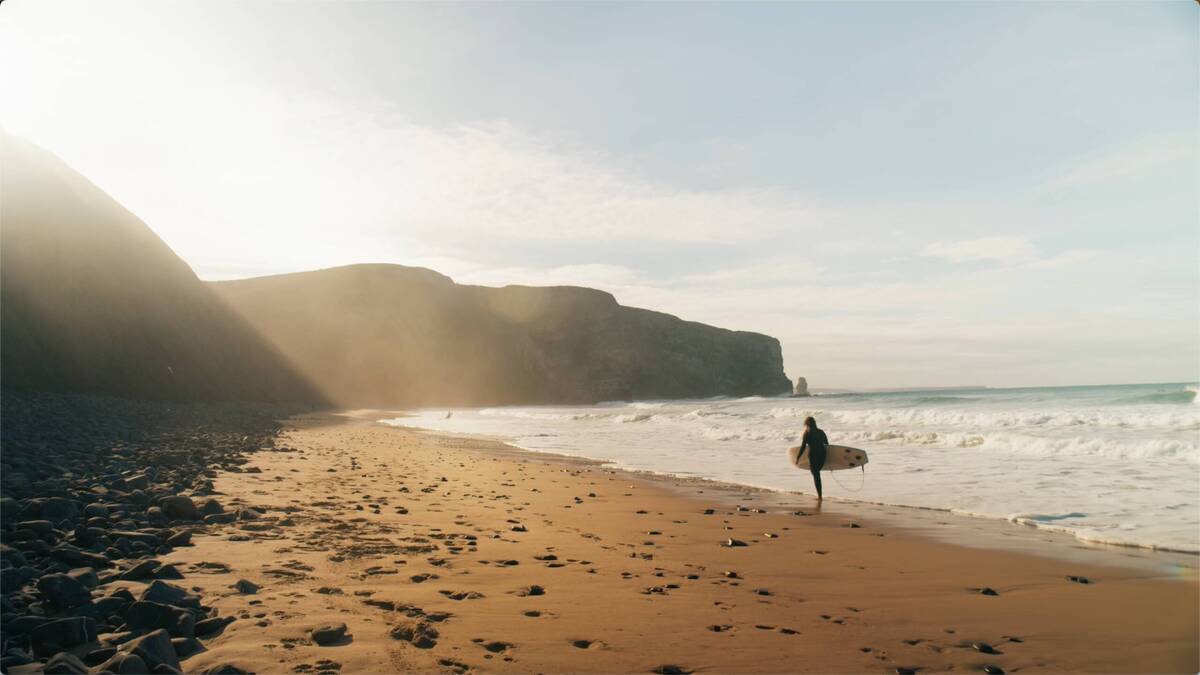
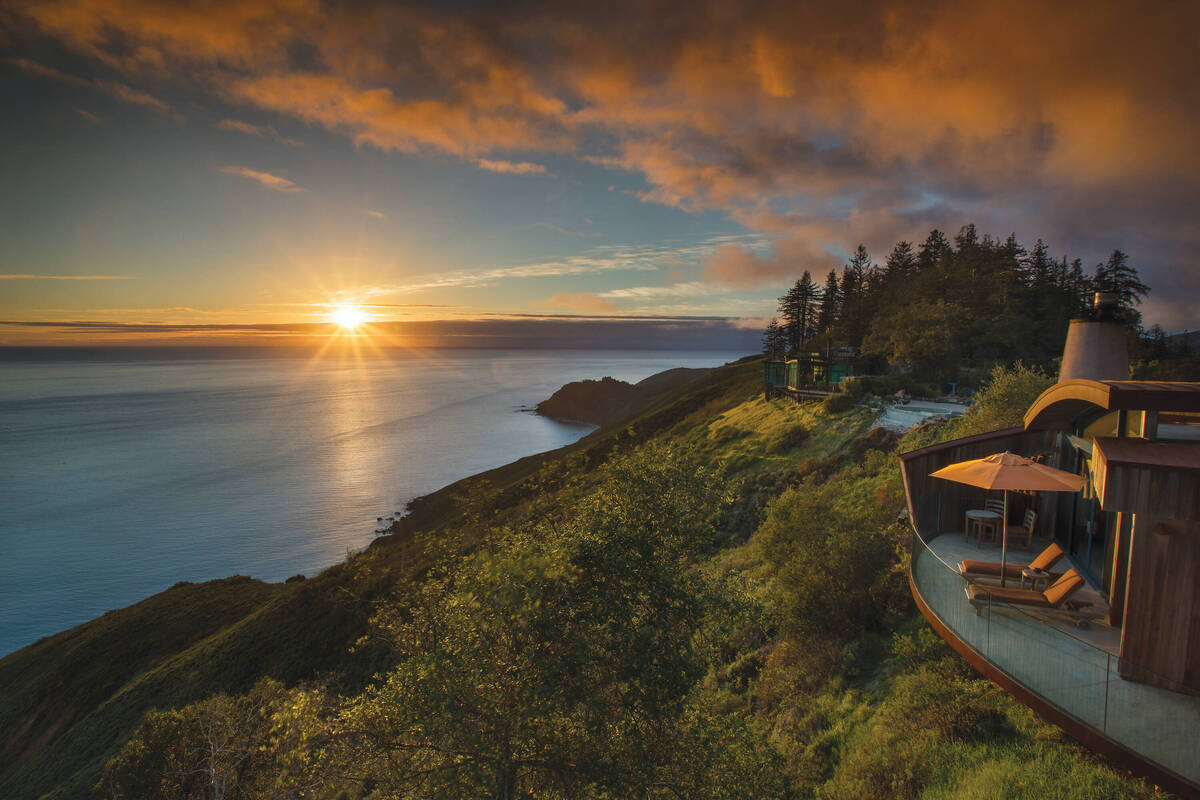
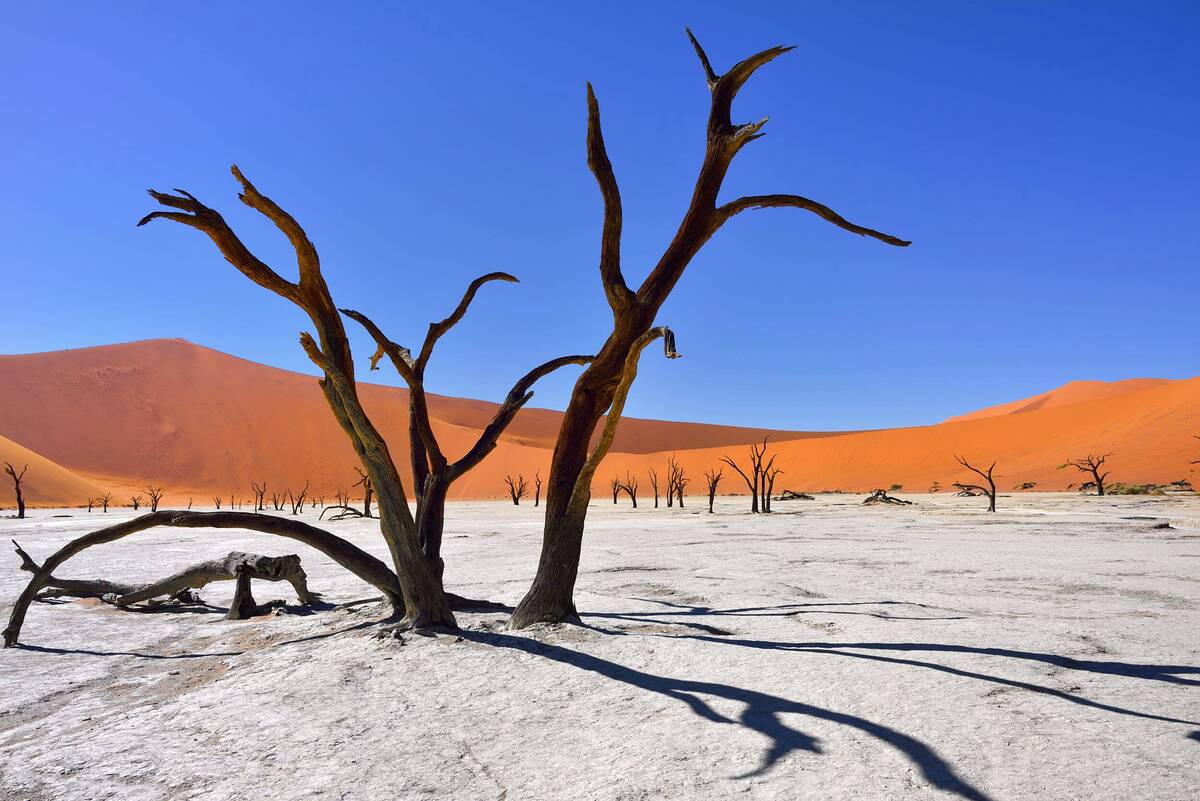













Comments